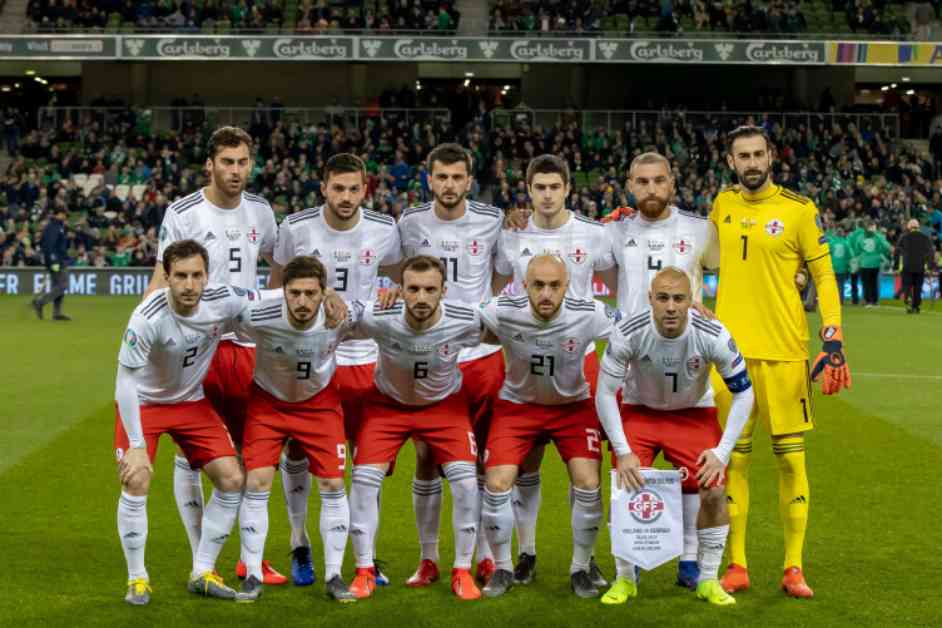Georgia’s football team made history by qualifying for the European Championships for the first time. The country celebrated the victory, bringing a rare moment of unity amidst political tensions. However, the joy was short-lived as a controversial ‘foreign agent’ bill was reintroduced, sparking protests and dividing the nation. The bill requires media outlets and NGOs receiving over 20% of their funding from abroad to register as agents of foreign influence.
Political drama overshadowed the football success, with the ruling party accused of using the bill to create division and distract from ongoing issues. The timing of the bill’s reintroduction, just after the Euros qualification and before the upcoming elections, raised suspicions of political motives. The bill has drawn condemnation from the US and EU, with opponents seeing it as a move away from Western values.
The political tensions in Georgia are further exacerbated by the country’s aspirations to join the European Union. Protests against the bill led to police crackdowns, prompting criticism from some members of the Georgian squad. The players’ ambiguous statement supporting Europe’s path is seen as a response to the ruling party’s policies. The involvement of footballers in political discourse highlights the influence they hold in shaping public opinion.
The war in Ukraine plays a crucial role in Georgia’s political landscape, with fears of Russian aggression echoing the 2008 conflict between Georgia and Russia. The ruling party’s approach to the war and its hands-off stance have raised concerns about Georgia’s security and future. The country’s sympathy for Ukraine’s plight is tempered by the fear of becoming a target of Russian aggression.
The Georgian team’s participation in the Euros as underdogs presents an opportunity for both the ruling party and the opposition to capitalize on their success. The promise of a substantial reward by the ruling party for advancing in the competition highlights the political undertones of sporting achievements. The outspokenness of players like Giorgi Chakvetadze and Khvicha Kvaratskhelia adds a layer of complexity to the political dynamics surrounding the team.
The convergence of sports and politics in Georgia underscores the role of football in shaping national identity and discourse. The influence of high-profile athletes in political matters reflects the power they hold in mobilizing public opinion. As Georgia navigates through political challenges and sporting successes, the Euros serve as a battleground for competing ideologies and aspirations for the country’s future.


